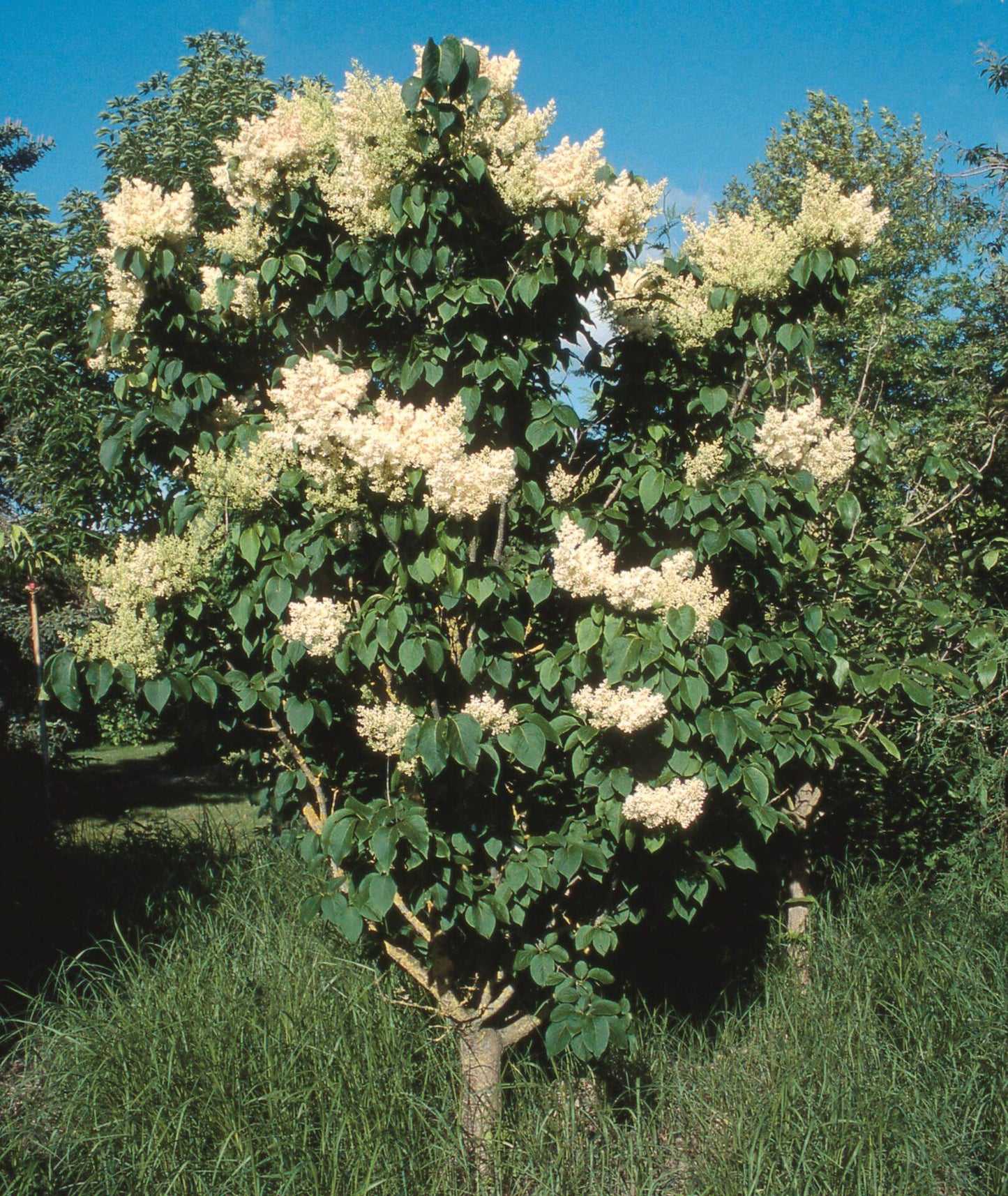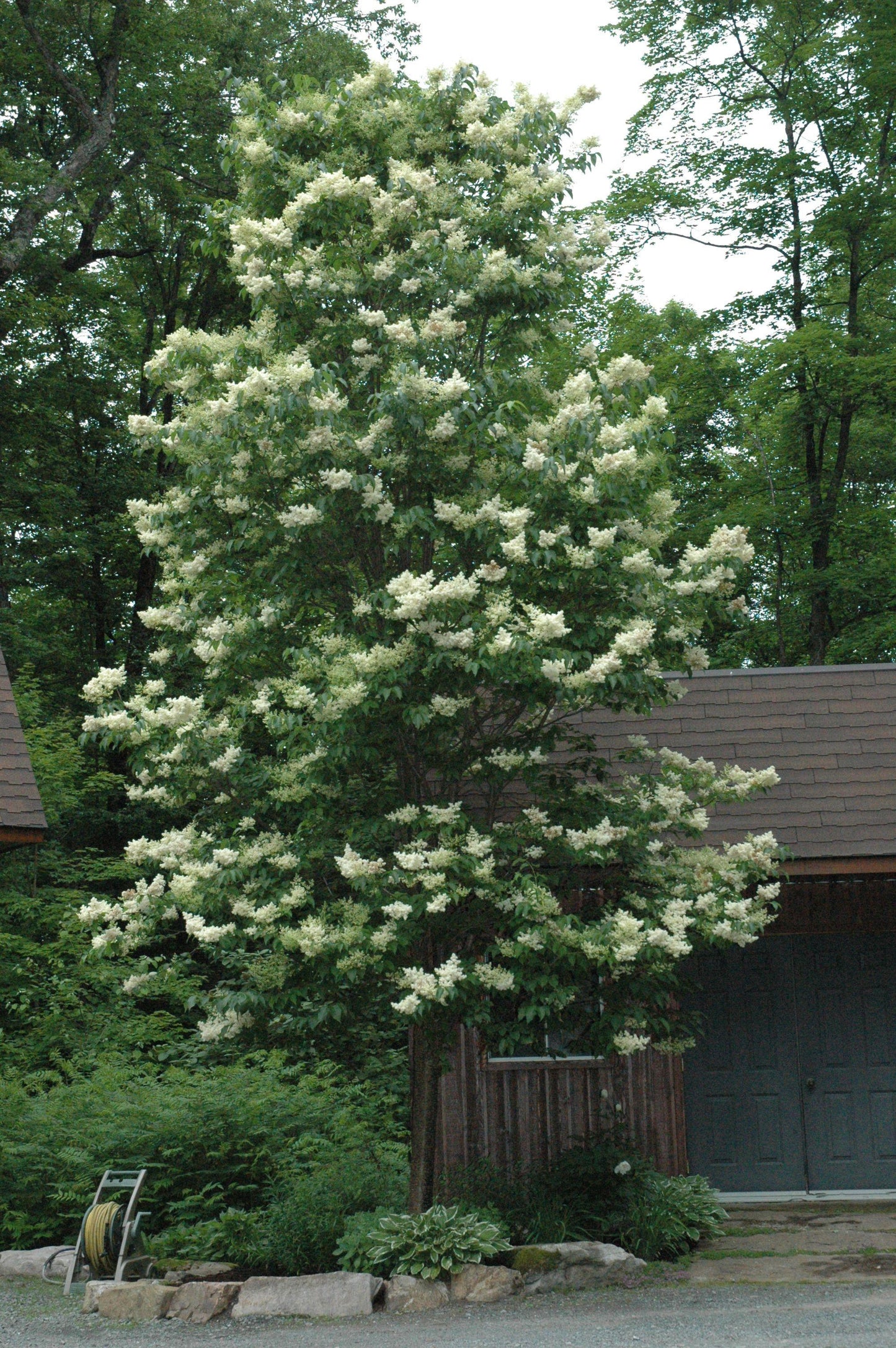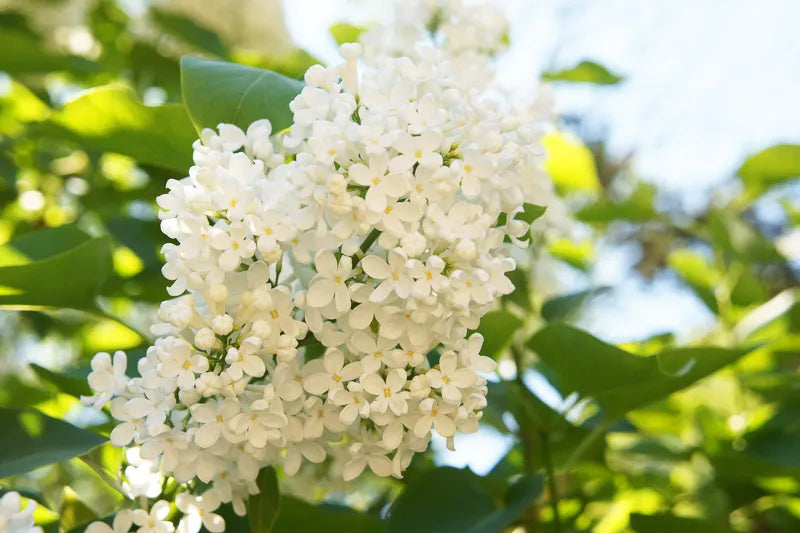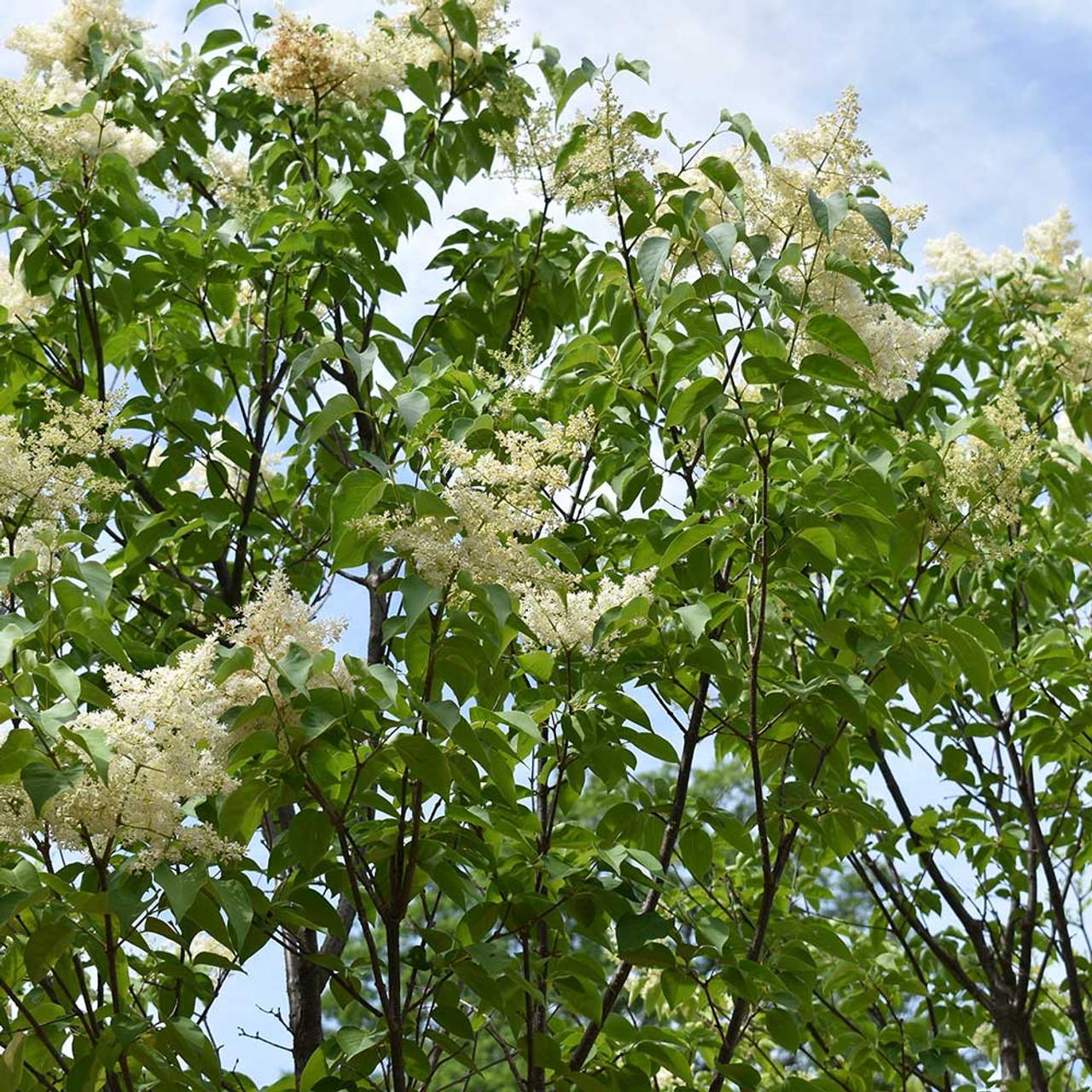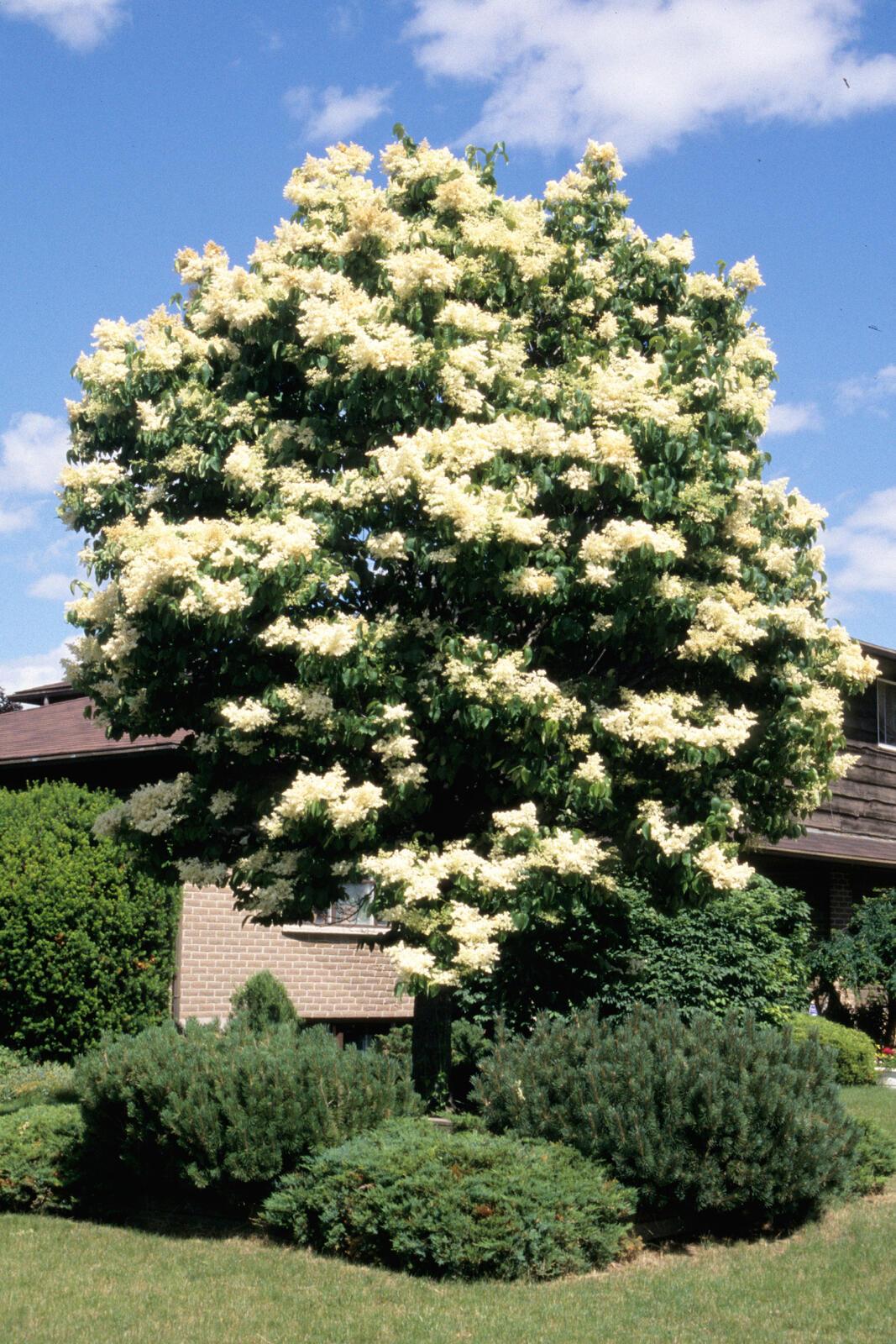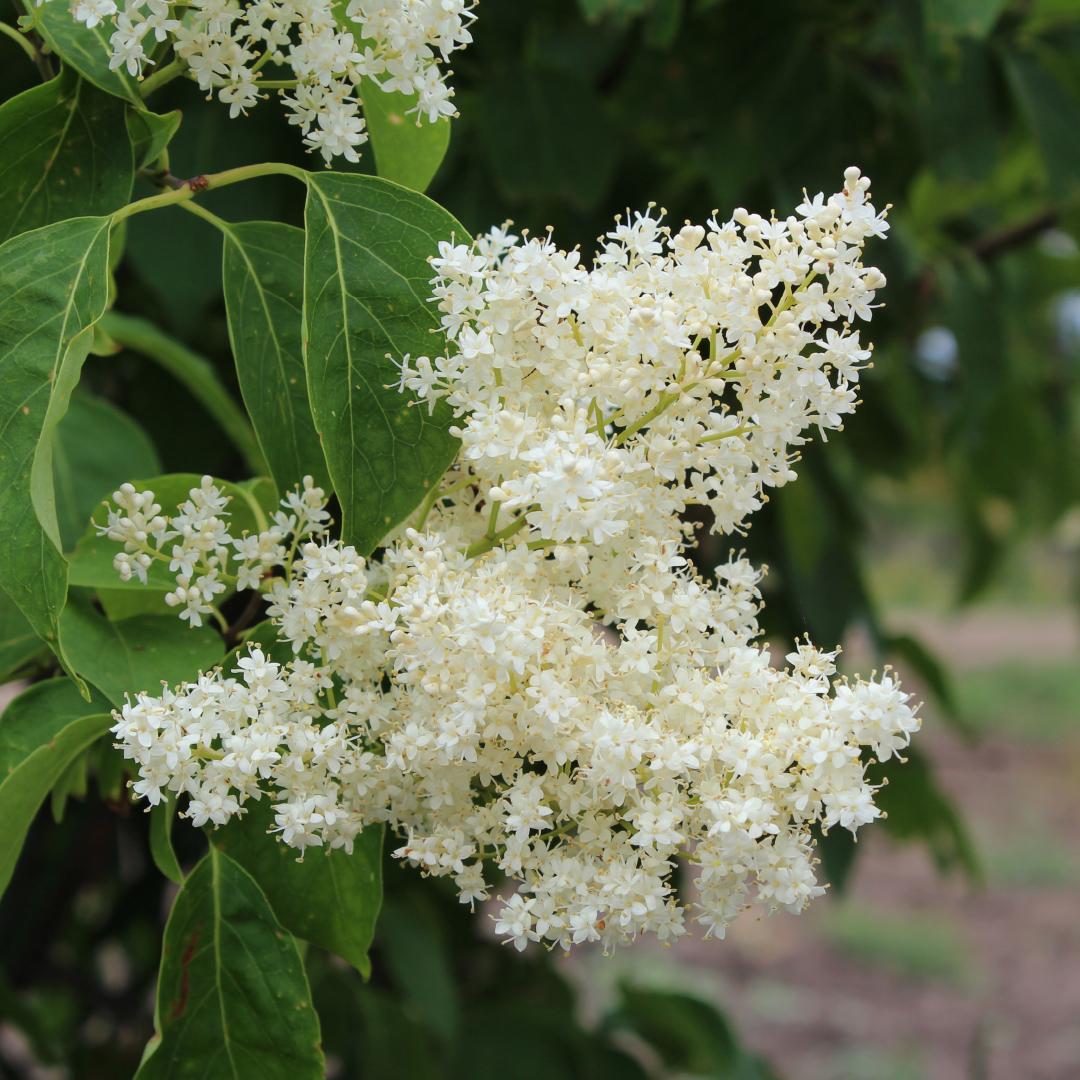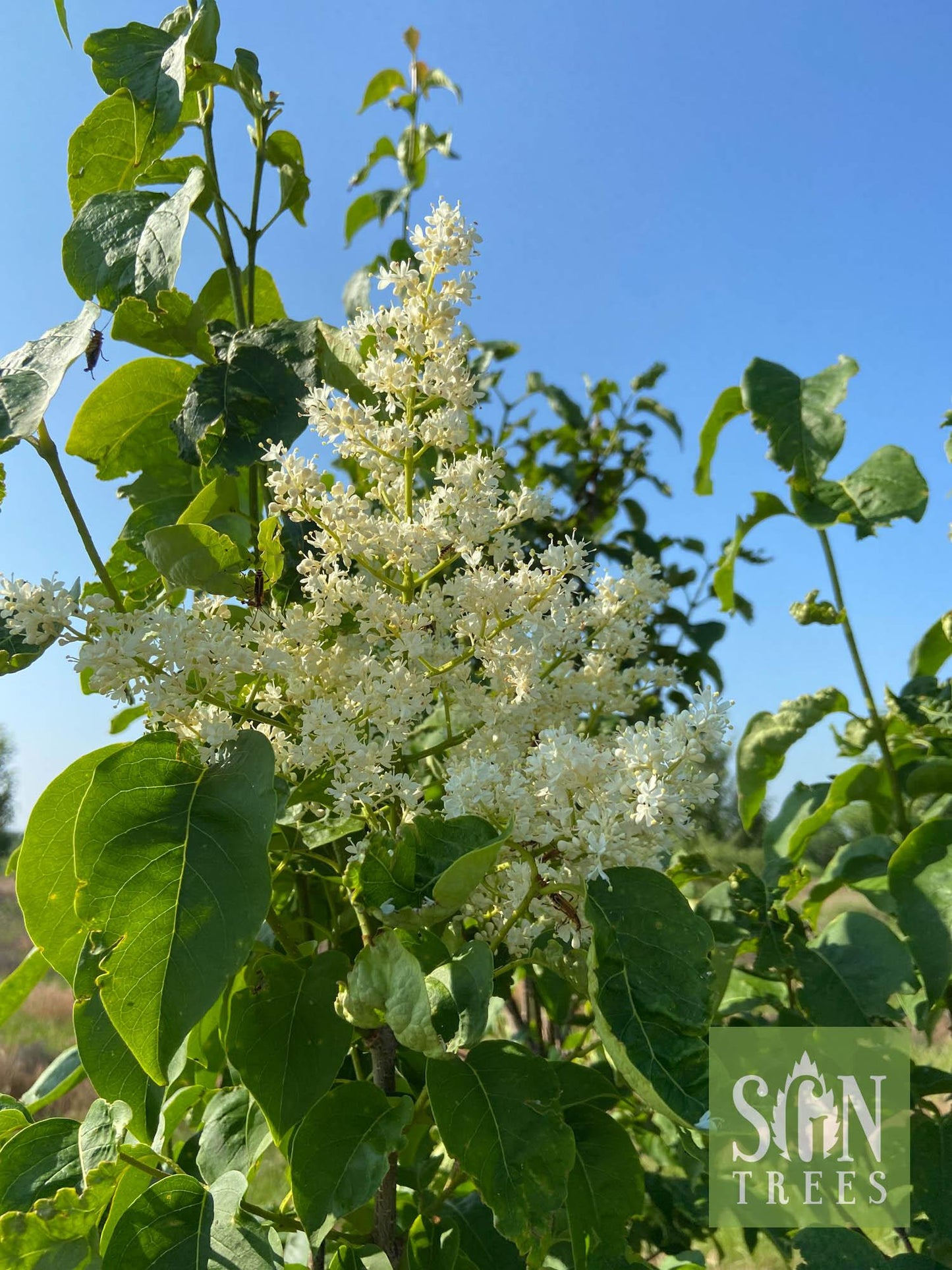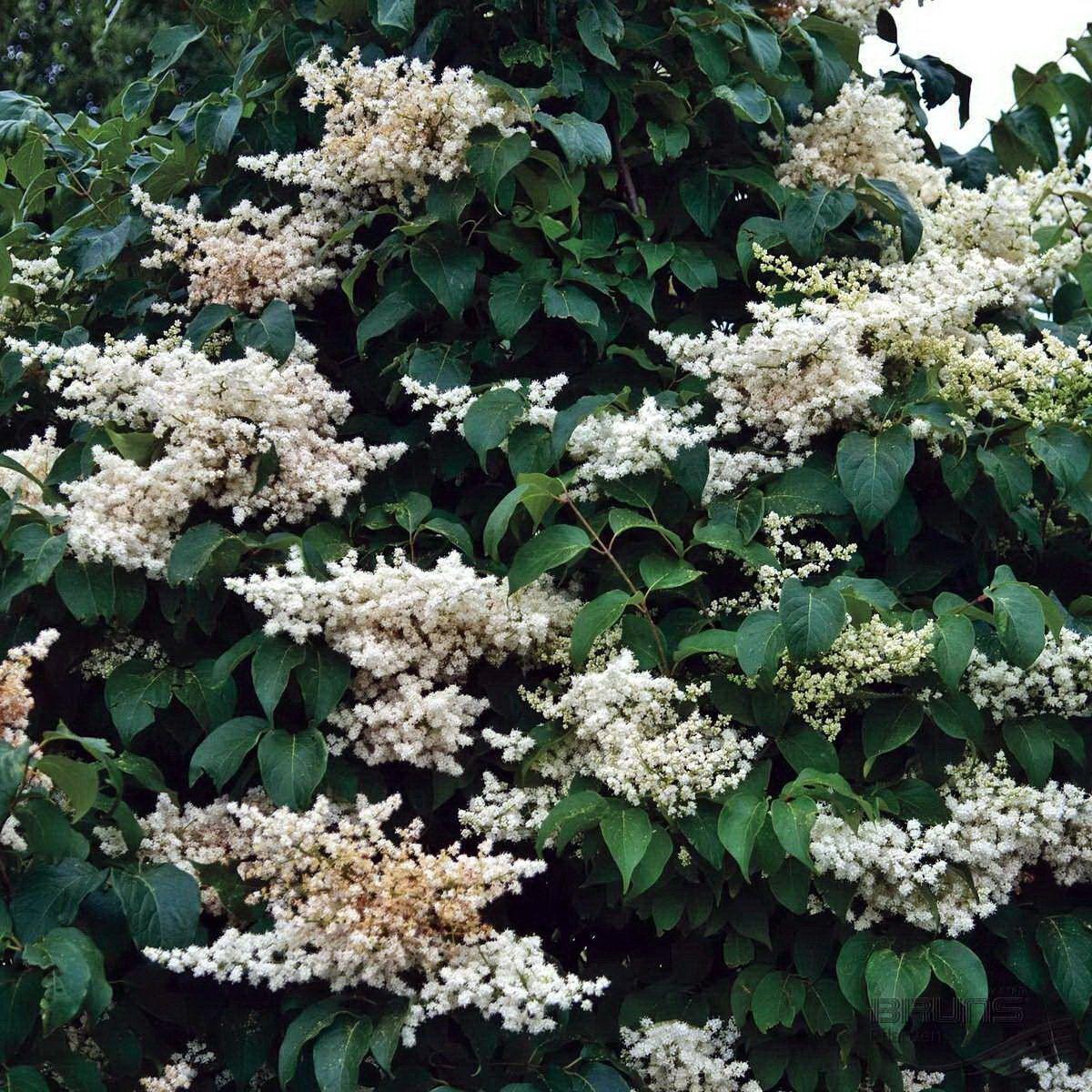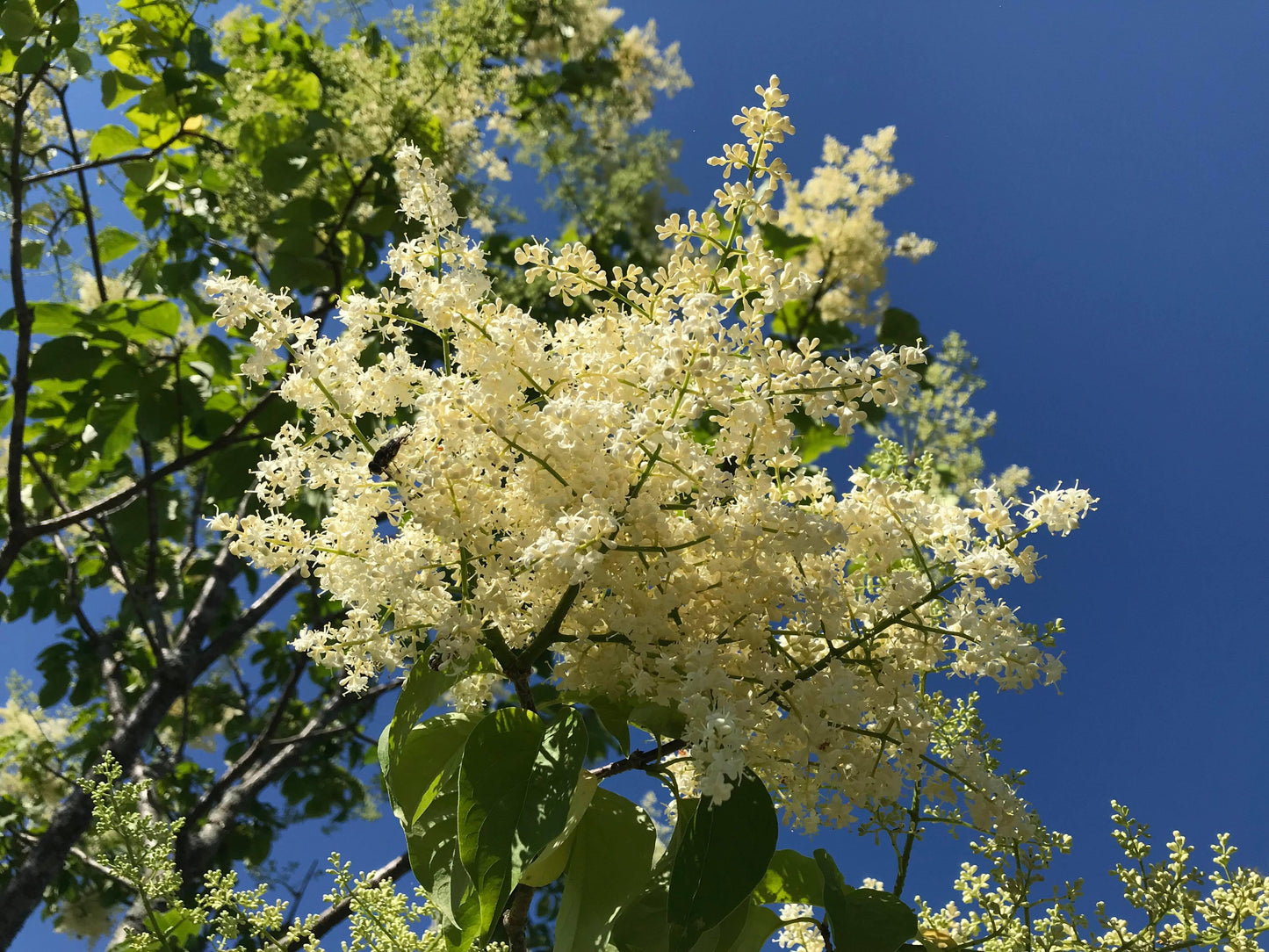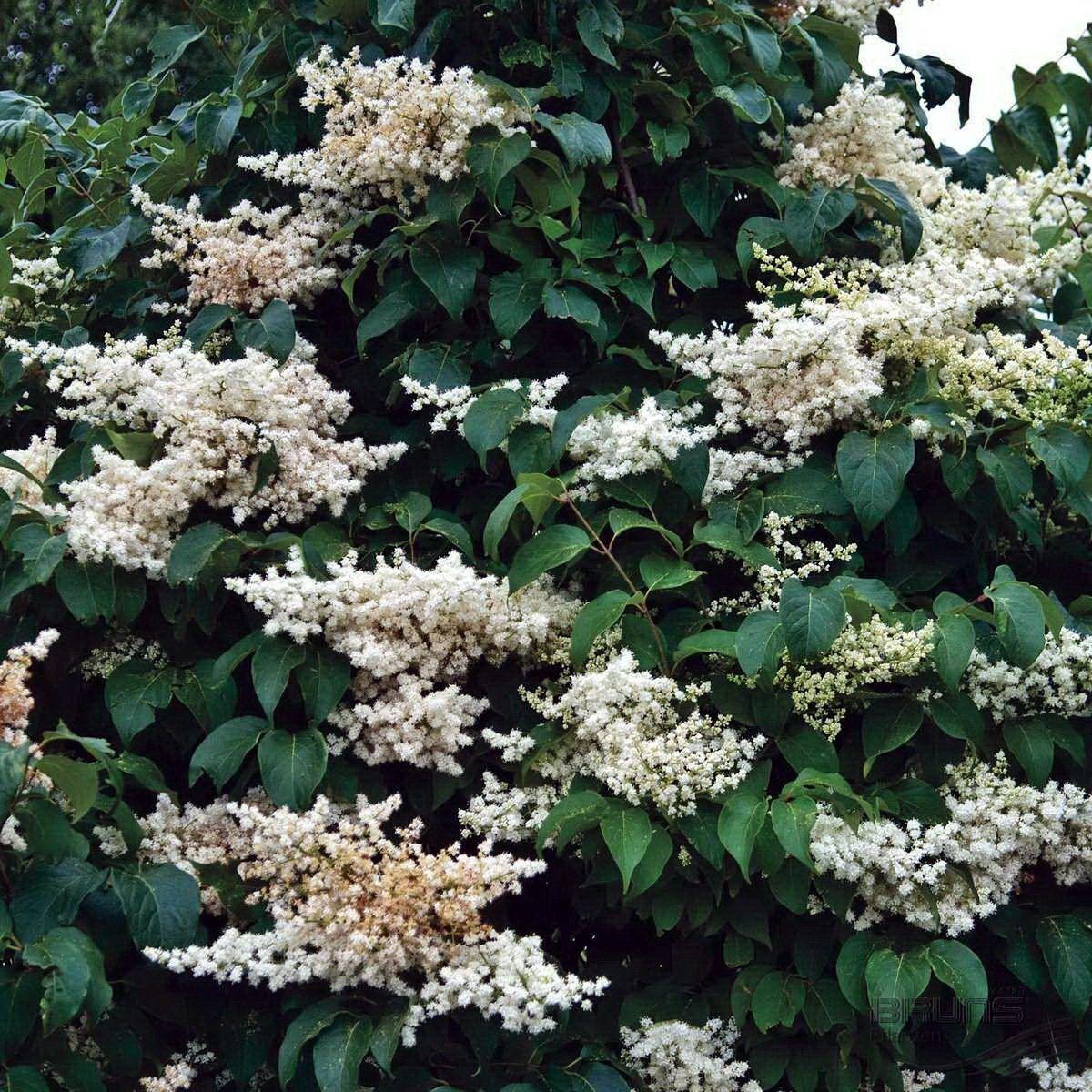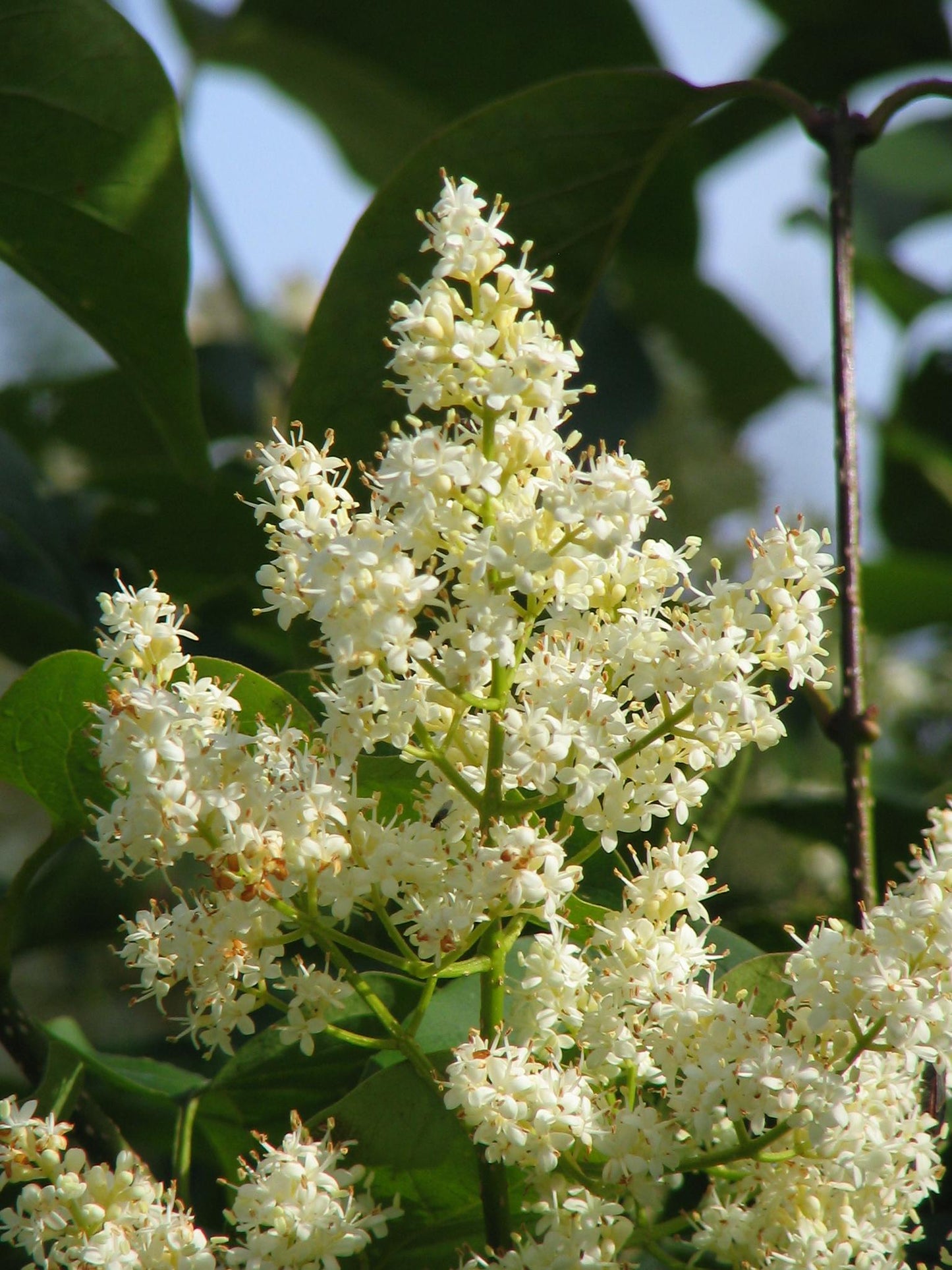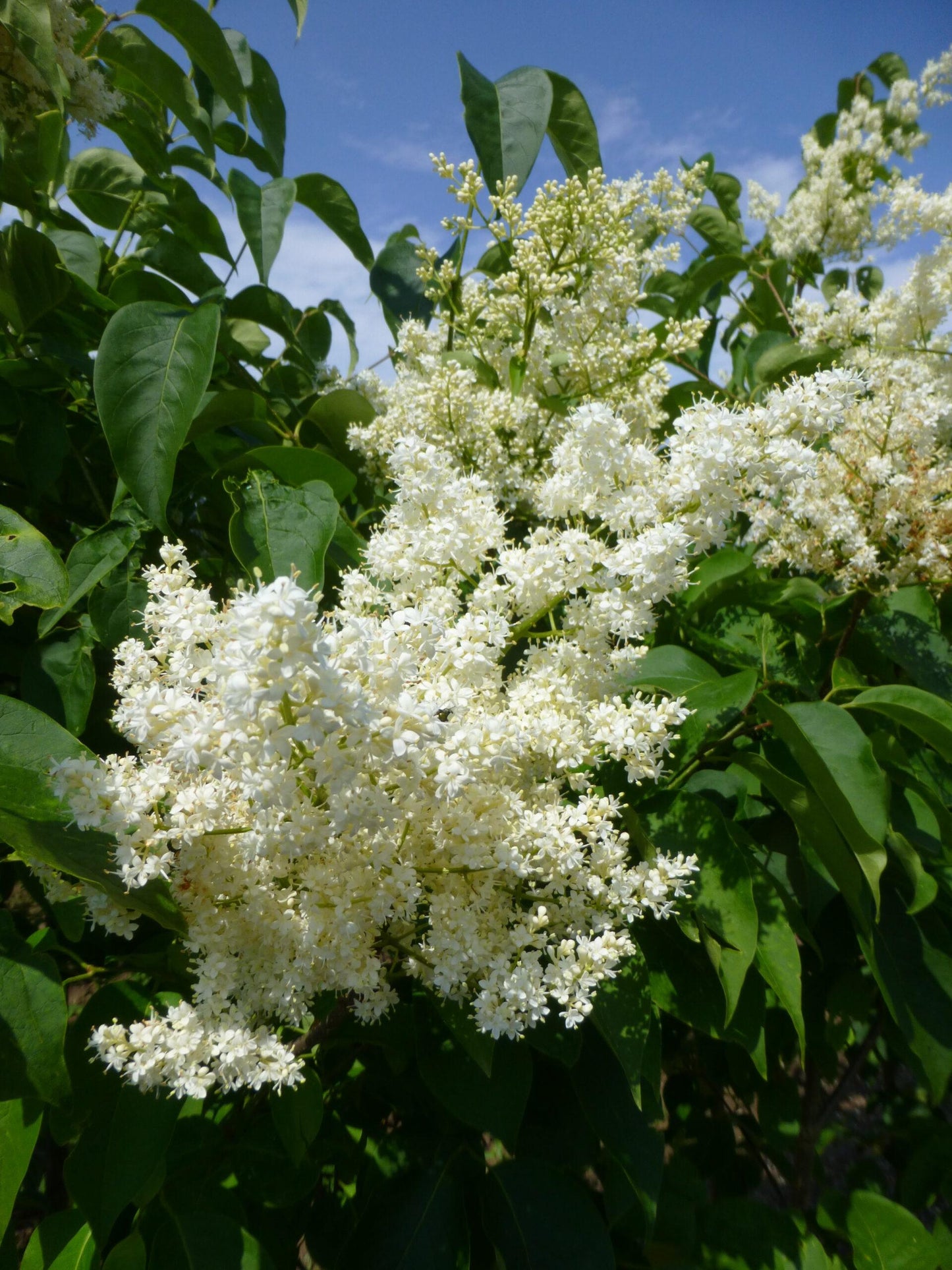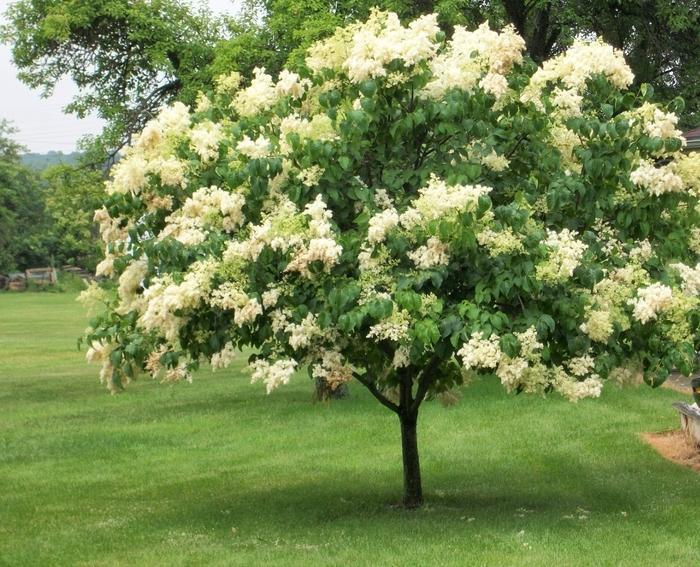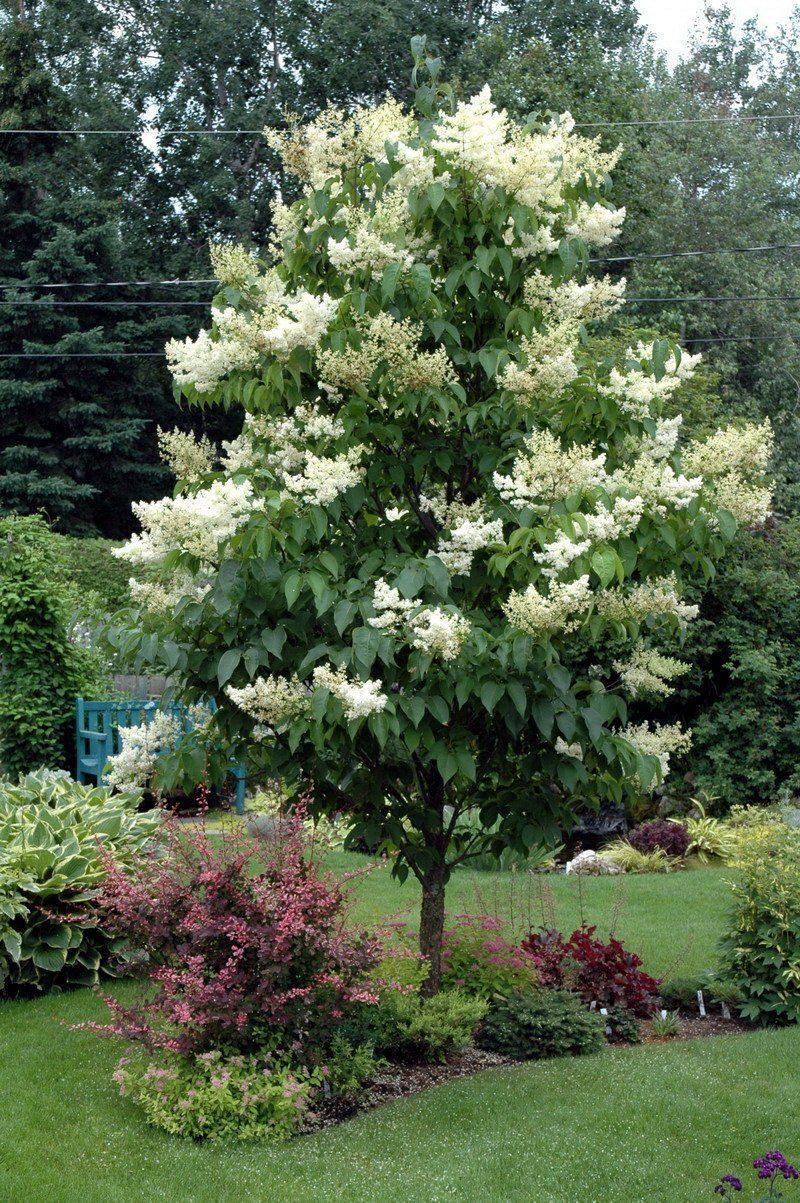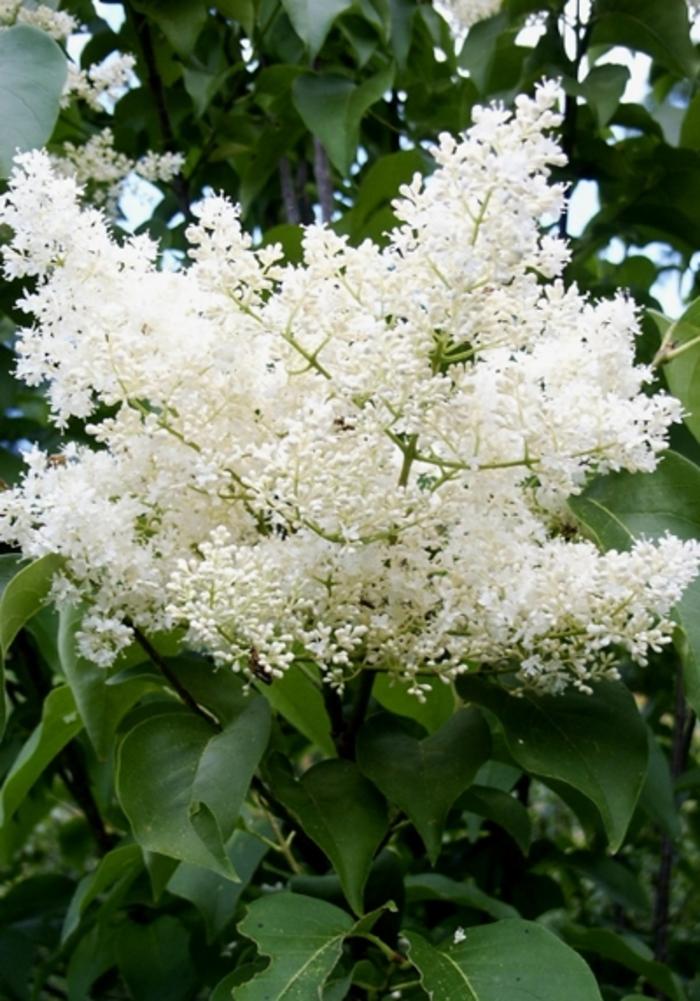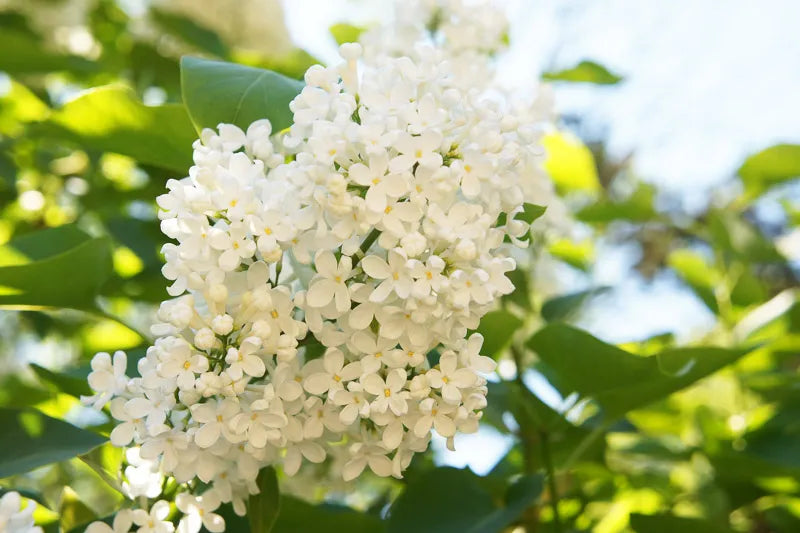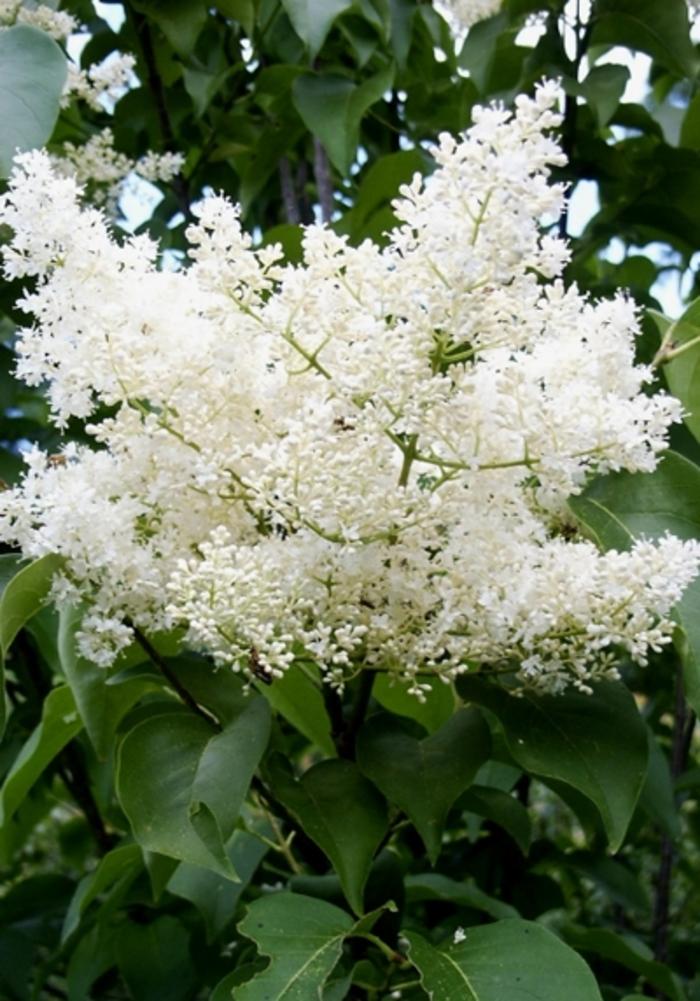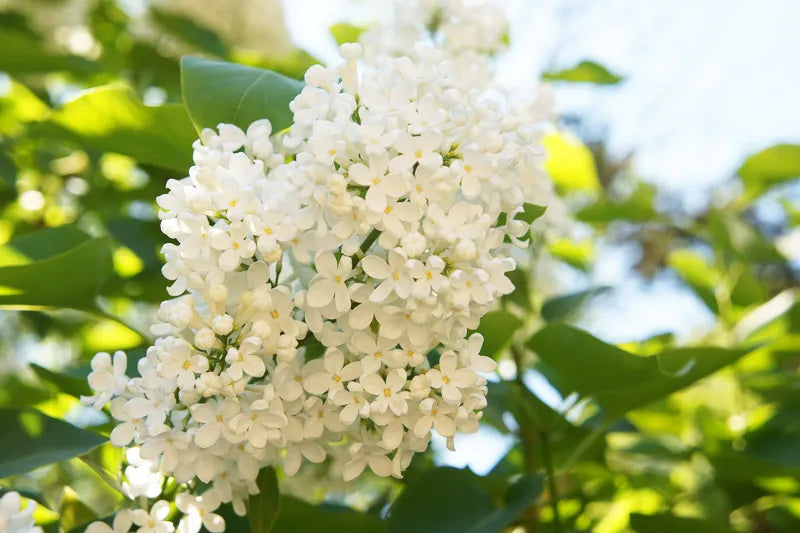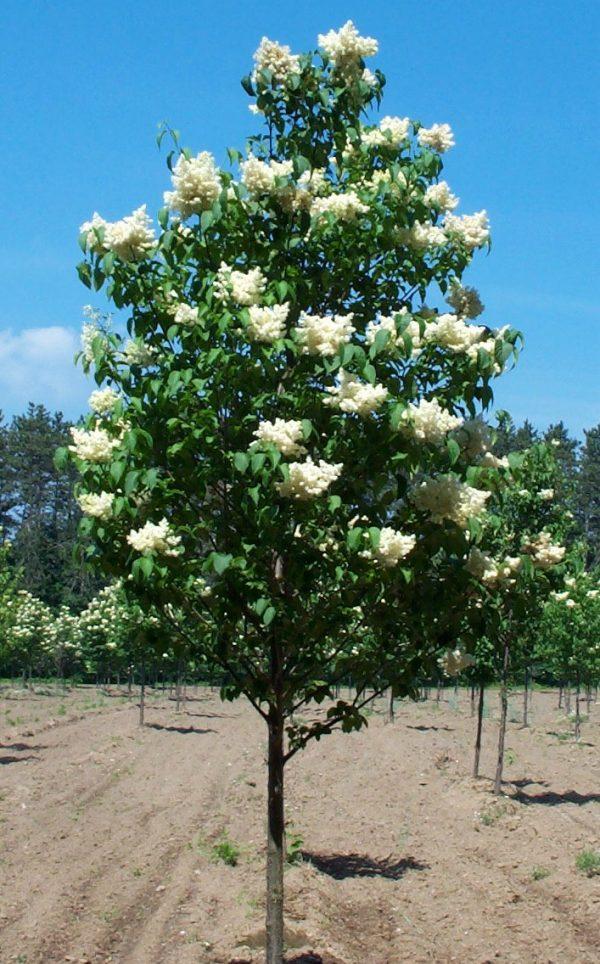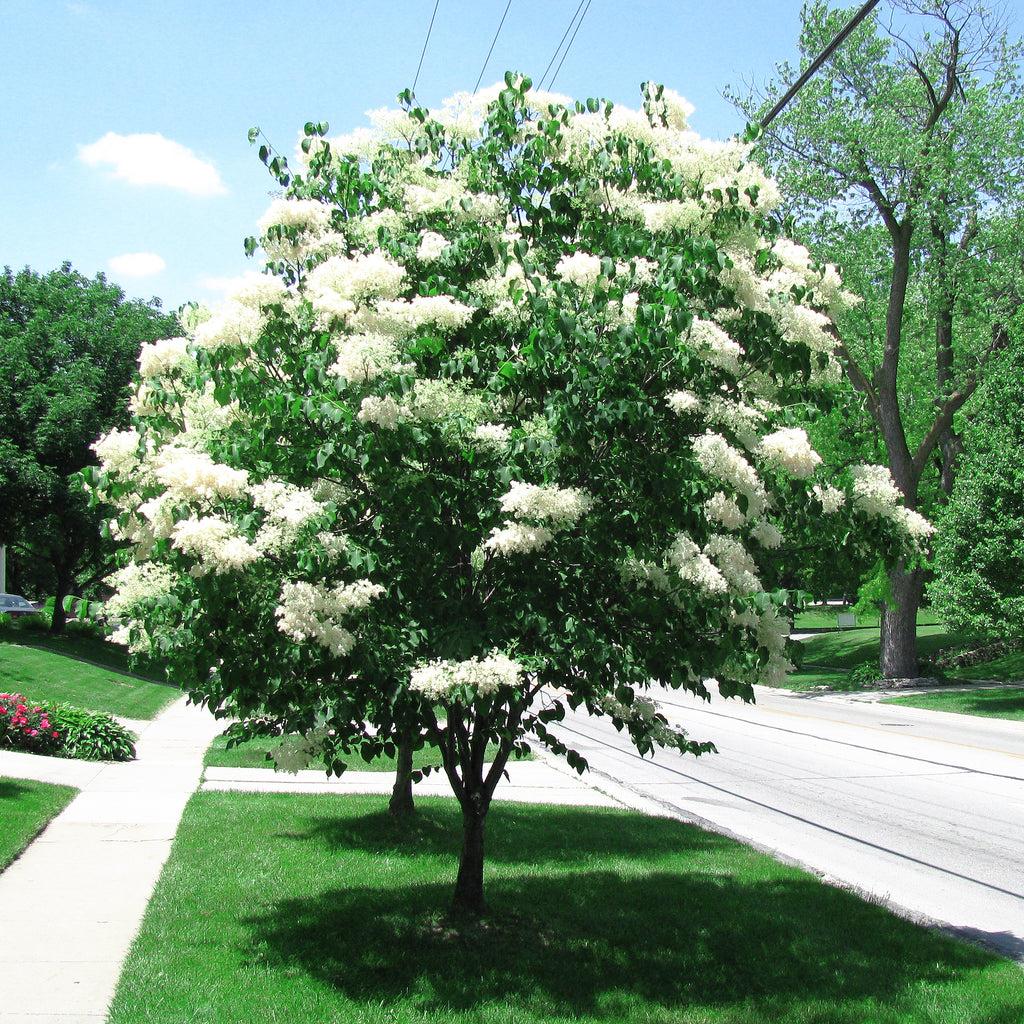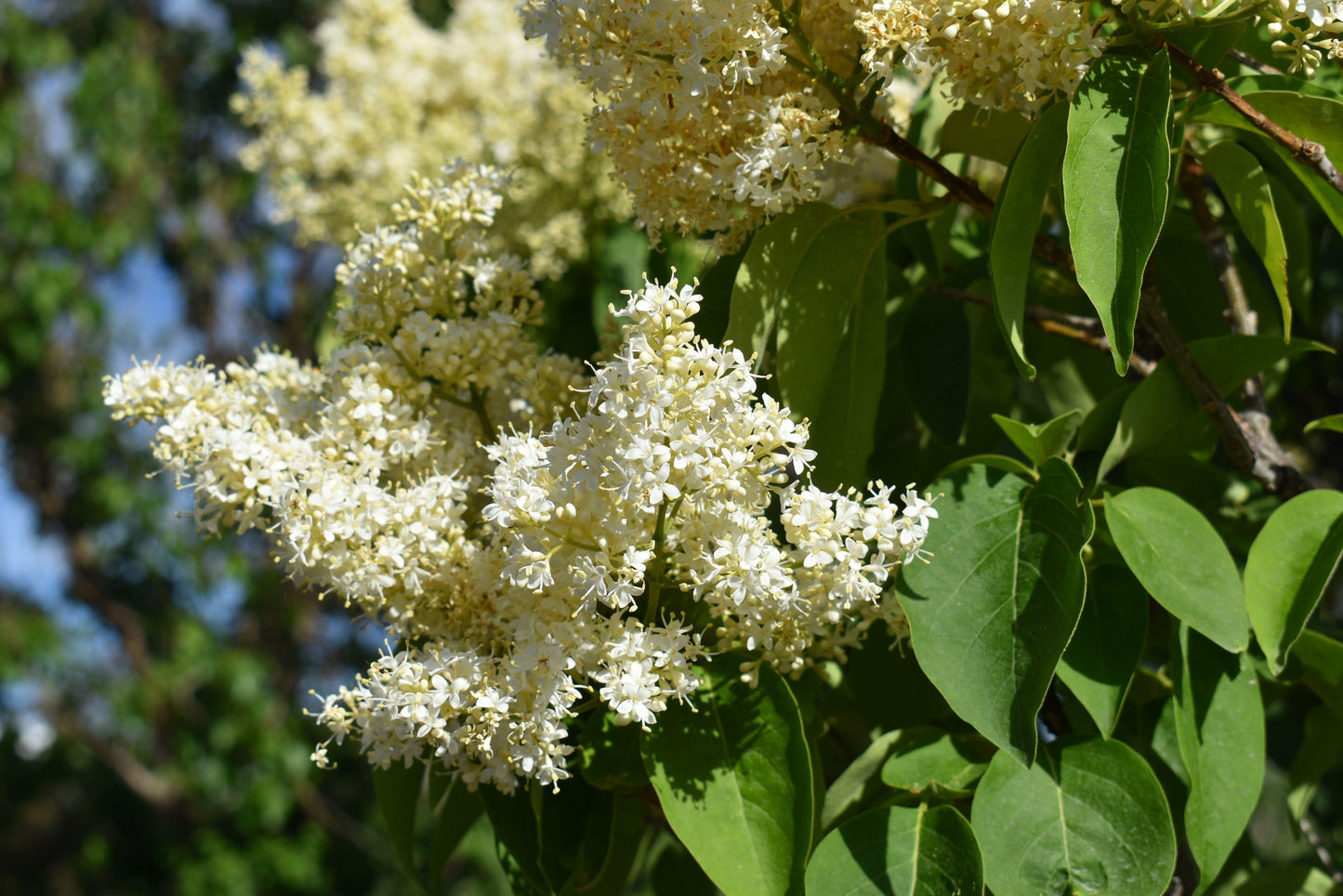1
/
of
23
Ivory Silk Japanese Tree Lilac-Fragrant Blooms 3.5-4" cal B&B
Ivory Silk Japanese Tree Lilac-Fragrant Blooms 3.5-4" cal B&B
Regular price
$3,380.00 USD
Regular price
$4,394.00 USD
Sale price
$3,380.00 USD
Unit price
/
per
Shipping calculated at checkout.
SKU:ntf1705-redcrocus
Couldn't load pickup availability
Syringa reticulata 'Ivory Silk'
Description
The 'Ivory Silk' Japanese Tree Lilac is a beautiful ornamental tree known for its large, creamy white flower clusters that bloom in early summer. It features a rounded crown and dark green leaves, providing a striking contrast to its flowers. This tree is highly valued for its hardiness and ability to thrive in urban environments.
Suggested Uses
Ideal for use as a specimen tree, in mixed borders, or as part of a wildlife garden. Its attractive blooms and fragrance make it a great choice for enhancing the aesthetic appeal of gardens and public spaces.
Plant Details
-
 Botanical Name: Syringa reticulata 'Ivory Silk'
Botanical Name: Syringa reticulata 'Ivory Silk' -
 Common Name: 'Ivory Silk' Japanese Tree Lilac
Common Name: 'Ivory Silk' Japanese Tree Lilac -
 Size & Growth: Typically grows 20-30 feet tall and 15-25 feet wide
Size & Growth: Typically grows 20-30 feet tall and 15-25 feet wide -
 Hardiness Zones: 3-7
Hardiness Zones: 3-7 -
 Foliage Type: Deciduous
Foliage Type: Deciduous -
 Bloom Time: Early summer
Bloom Time: Early summer -
 Growth Rate: Moderate
Growth Rate: Moderate -
 Light Requirements: Full sun to partial shade
Light Requirements: Full sun to partial shade -
 Attracts Pollinators: Yes, attracts bees and butterflies
Attracts Pollinators: Yes, attracts bees and butterflies -
 Indoor Friendly: No
Indoor Friendly: No -
 Container Friendly: No
Container Friendly: No -
 Deer Resistant: Yes
Deer Resistant: Yes -
 Pet Warning: Non-toxic to pets
Pet Warning: Non-toxic to pets -
 Fragrant: Yes, fragrant flowers
Fragrant: Yes, fragrant flowers -
 Cut Flower: Yes, suitable for cut flowers
Cut Flower: Yes, suitable for cut flowers -
 Grows Well With: Roses, peonies, and other sun-loving perennials
Grows Well With: Roses, peonies, and other sun-loving perennials
Care Tips
-
 Planting Instructions: Plant in well-drained soil in spring or fall
Planting Instructions: Plant in well-drained soil in spring or fall -
 Soil Moisture: Keep soil consistently moist, but not waterlogged
Soil Moisture: Keep soil consistently moist, but not waterlogged -
 Soil Type: Prefers loamy, well-drained soil
Soil Type: Prefers loamy, well-drained soil -
 Humidity: Tolerates average humidity levels
Humidity: Tolerates average humidity levels -
 Pruning Instructions: Prune after flowering to maintain shape and remove dead wood
Pruning Instructions: Prune after flowering to maintain shape and remove dead wood -
 Winter Care: Mulch base to protect roots in colder climates
Winter Care: Mulch base to protect roots in colder climates -
 Planting Depth: Plant at the same depth as in the nursery container
Planting Depth: Plant at the same depth as in the nursery container -
 Fertilization: Fertilize in early spring with a balanced fertilizer
Fertilization: Fertilize in early spring with a balanced fertilizer -
 Special Care: Avoid over-watering and ensure good air circulation to prevent disease
Special Care: Avoid over-watering and ensure good air circulation to prevent disease
Share
